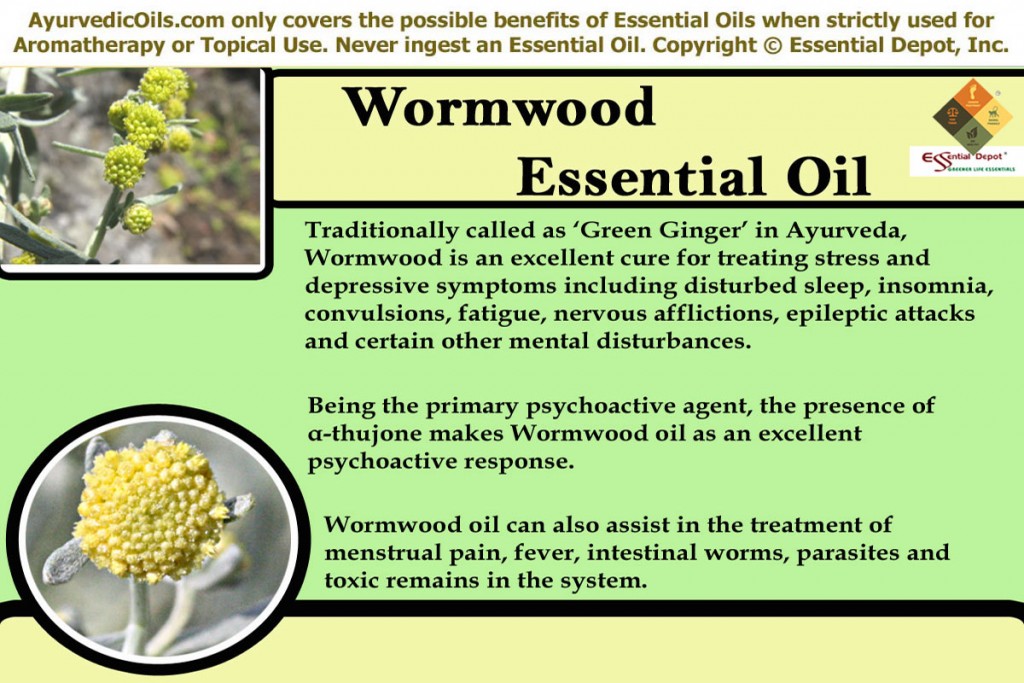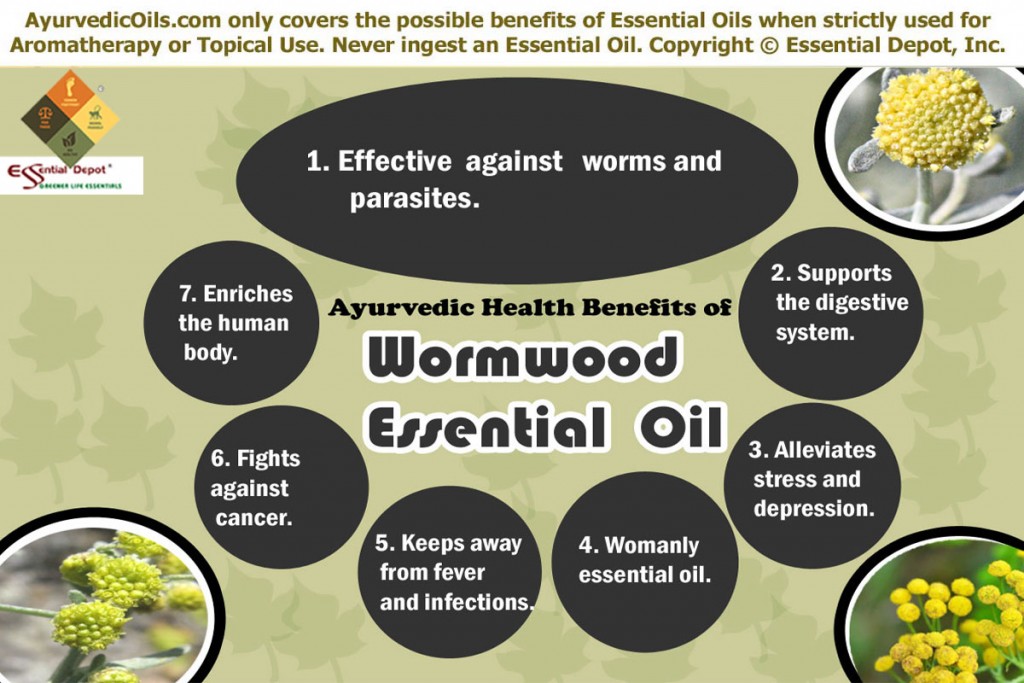Flowering plants are always appealing and Sugandha Bala, scientifically known as Pavonia Odorata is even more interesting with its natural healing values. It is an offspring of the mallow family, Malvaceae. Known as Sugandha Bala in native Indian sub-tropical areas, the roots and shoots of this plant are extremely aromatic. Ayurveda, the oldest of all healing sciences has recorded the use of Sugandha Bala herb and its essential oil as a natural cooling agent with stomachic properties. The most popular Ayurvedic fever drink known as Shadanga Paniya has a major composition of Sugandha Bala in it. It has been said that this powerful herb is often used in combination with other herbs to treat hemorrhage of the internal organs, inflammation, digestive disorders and fever.
Purchase Sugandha Bala Essential Oil – Wholesale – CLICK HERE
Therapeutic properties: The antimicrobial properties of this essential oil has made its use inevitable in Ayurveda for treating dysentery, inflammation and certain other intestinal infections. Sugandha Bala essential oil has carminative, antimicrobial, demulcent, cooling, diuretic, antispasmodic, antiprotozoal, astringent and diaphoretic properties. This oil also has strong anthelmintic activity against roundworms and tapeworms.
Traditional home remedies suggest the use of 2 teaspoons of fresh juice of the leaves of this plant along with black pepper for treating dysentery of babies. These leaves also have emollient properties and the fresh juice extracted from the leaves of Sugandha Bala herb was used for soothing and softening the skin.
Ayurvedic health benefits of Sugandha Bala essential oil: Sugandha Bala is an erect glandular-pubescent annual herb that grows up to 1m tall. This herb is indigenous to India (Uttar Pradesh, Orissa and Bihar), which is the birthplace of the ancient healing wisdom known as Ayurveda. The word ‘Ayurveda’ stands for knowledge of life. What makes Ayurveda the mother of all medical sciences is its simplicity and understanding about human beings and their entire constitution, which is nothing but the combination of physical, mental and emotional attributes of an individual. The main aim of Ayurveda is to grant holistic healing that not only stops with treating the illnesses but travels a step ahead in preventing it in the future also.
Ayurvedic system considers human beings as a part of nature and believes that they are made up of the five elements of nature namely fire, water, earth, air and ether. Every individual is considered unique and is believed that every one of us are made up of a specific set of energy elements or doshas. They are vata, pitta and kapha. These doshas are a combination of the five vital elements of nature. It is for this special reason Ayurveda grants specific treatment for each individual even if they have a common illness.
This environmental art trusts on natural remedies like herbs, essential oils extracted from plants, yoga, meditation, physical exercises, and a healthy lifestyle comprising an Ayurvedic routine for a hale and hearty life assuring longevity and healthy aging. Exploring the remedial values of herbs and essential oils highly help in perceiving their ability in treating several health conditions. The major health benefits of Sugandha Bala essential oil are:
Anti-microbial: Sugandha Bala essential oil has strong anti-microbial properties that are effective against harmful bacteria, fungi and certain other microbes. A 1992 research on ‘Antimicrobial Activity of the Essential Oil of Pavonia Odorata Wild’ by Doctor Hari Singh Gour University, India proved the microbes fighting ability of this essential oil. This was substantiated after testing Sugandha Bala essential oil for antifungal and antibacterial activity against thirteen fungi and ten bacteria (4 gram positive bacteria and 6 gram negative bacteria) by means of paper disc agar diffusion technique.
The results of this research highly recommended the use of Sugandha Bala essential oil for inhibiting the growth of all the test fungi and bacteria while this oil was stated ‘excellent against Gram (+ve) bacterium Diplococcus pneumonia and Gram (-ve) bacterium E.coli’. This report disclosed that “The oil was also found to inhibit the growth of keratinophilic fungi Trichophyton mentagreophytes and Chrysosporium indicum along with Aspergillus sp., Botrydiplodia sp. Fusarium solani etc”.
It also depicted the effectiveness of this oil against the bacterium Staphylococcus aureus which is responsible for wound and infections getting septic. This property makes Sugandha Bala essential oil as a promising antiseptic for treating cuts, sores, abrasions and certain other skin problems.
Other pharmacological actions: The intense study on the ‘Pharmacological screening of essential oil of Pavonia Odorata’ revealed that this essential oil contains a series of interesting pharmacological actions based on various parameters. When tested on a choice of living organisms, this oil caused relaxation in the rabbit’s intestine, created fall in blood pressure in anaesthetized dog, lessened the spasmogenic effect of acetylcholine and potassium and produced cardiac inhibition in the isolated heart of a frog.
Applications: With its excellent therapeutic properties, Sugandha Bala essential oil is used as an important ingredient in cosmetics, shampoos, conditioners, pomades, hair tonics, massage oils for rheumatism and much more. You can use this essential oil as a gentle massaging oil after blending it with mild carrier oils like olive oil for treating digestive disorders, pain, inflammation, infections, skin problems and rheumatism. Adding 2 to 3 drops of this oil to your bath tub can also grant you similar health benefits and alleviate pain. Using it in diffusers, air fresheners, burners and vaporizers can protect you from the invasion of harmful micro-organisms.
Disclaimer: This article is only for information purpose and do not use it as a substitute for prescribed medicines or Professional advice. Essential oils are highly concentrated and do not use them directly on your skin (use it after blending with carrier oils). Do not ingest essential oils and consult your Ayurvedic Practitioner before using essential oils for treating your health conditions.
Thought for the day:
God sleeps in the minerals, awakens in plants, walks in animals, and thinks in man. -Arthur Young
Suggested Reading:
- The Illustrated Encyclopedia of Essential Oils: The Complete Guide to the Use of Oils in Aromatherapy & Herbalism by Julia Lawless
- The Complete Book of Essential Oils and Aromatherapy: Over 600 Natural, Non-Toxic and Fragrant Recipes to Create Health – Beauty – a Safe Home Environment by Valerie Ann Worwood
- Major Herbs of Ayurveda, 1e by Elizabeth M. Williamson BSc (Pharm) PhD MRPharmS FLS
Reference Links:



